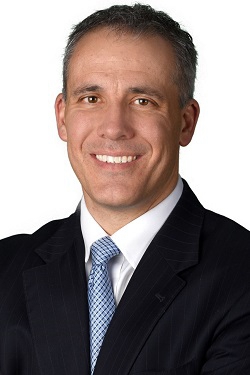Home Treatment
For individuals who do not have diabetes, you may want to attempt the use of home remedies before contacting our office for professional treatment. If you do have diabetes, though, make sure you come to see us at the earliest opportunity for the care you need.
When it comes to home treatment for corns and calluses, remedies include:
- Over-the-counter pads. These are easily found in most pharmacies and retail stores, and wearing them might provide enough cushion to allow the skin to heal itself. It is important to avoid ones containing salicylic acid, as these can cause damage.
- Soaking affected feet. You can soften calluses and corns by soaking affected feet in warm, soapy water. This will make it easier for you to remove them with the use of an emery board or pumice stone.
- Thinning the skin. Do not attempt to perform “home surgery” by taking a knife and trying to cut out the corn or callus. Instead, thin down and smooth out the rough patch by using a pumice stone, emery board, nail file, or even a rough washcloth. When doing this, make sure you apply only a gentle, even pressure. Your goal is not to completely thin down the callus or corn in a single sitting.
- Moisturizing. Apply moisturizing cream or lotion on rough patches before you go to bed at night and then put on thick socks to trap in the moisture. You can also help restore your skin’s health by applying moisturizer following your morning bath or shower.
If home care is not providing the results you hope to see, please do not attempt to eliminate the corn or callus on your own by cutting it with a knife or razor. Doing so only increases your risk for infection, which is potentially worse than simply having a rough patch of skin. Instead, contact Advanced Foot and Ankle and have our professionals handle it for you!
Preventing Skin Issues
You can reduce your risk of having a corn or callus develop in the first place. Buy and wear shoes that fit correctly (not too big or too small). If your toes can wiggle freely and your heel is securely cradled, you likely have a good pair. In addition to footwear, use protective coverings and padding on any areas of your feet that frequently rub against the insides of your shoes.
Comprehensive Foot Care in Twin Falls, ID
Corns and calluses may not always seem like a major problem, but they might lead to a situation that increase your risk of infection. Advanced Foot and Ankle can treat your skin issues and help you take the right steps to prevent them from occurring in the future! Contact our Twin Falls podiatry office by calling (208) 731-6321 for more information or assistance in scheduling an appointment.
Make an Appointment Today
Are You Looking for Expert Foot Care in Twin Falls, ID?
Regardless of your foot or ankle complaint, if you are looking for state-of-the-art foot care in Twin Falls, Burley, Jerome, or Heyburn, you should reach out to our experienced foot care team. Ready to schedule an appointment? Contact us online or call our Twin Falls office at 208.731.6321.


